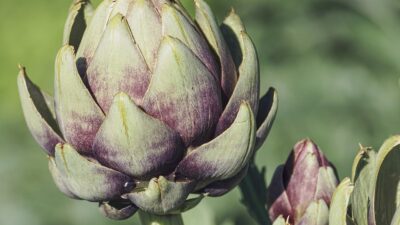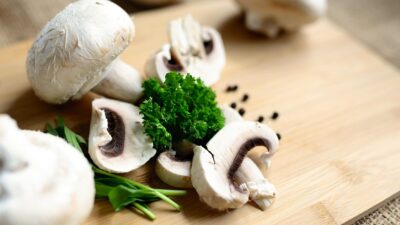In an age where consumers are increasingly conscious about the food they eat and the products they use, organic certification has gained significant attention. Shopping for organic products often includes scanning labels for the “USDA Organic” seal or similar certifications. However, many consumers may not fully understand what organic certification entails and why it matters. This article seeks to demystify organic certification, exploring its requirements, benefits, and the implications for consumers and producers alike.
What is Organic Certification?
Organic certification is a regulatory process that ensures agricultural products are grown and processed according to specific standards set by a governing body. In the United States, the USDA (United States Department of Agriculture) oversees this certification under the National Organic Program (NOP). To be labeled as organic, products must meet stringent criteria that emphasize sustainability, environmental stewardship, and the prohibition of synthetic pesticides and fertilizers.
The Standards of Organic Certification
The journey to organic certification is rigorous and involves several key standards:
1. Soil Health
Organic farming focuses on maintaining healthy soil. Farmers are encouraged to enhance soil fertility through natural amendments like compost and cover crops, rather than synthetic fertilizers that can harm the ecosystem.
2. Pest and Weed Management
Organic growers are prohibited from using most synthetic pesticides. Instead, they rely on natural pest management strategies, including crop rotation, beneficial insects, and organic-approved pesticides when necessary.
3. Biodiversity
Maintaining biodiversity is a cornerstone of organic farming. This practice not only supports a healthy ecosystem but also enhances crop resilience against diseases and pests.
4. Animal Welfare
For products labeled as organic animal products, strict guidelines govern the treatment of animals. Livestock must have access to outdoor spaces, be fed organic feed, and be raised without the use of growth hormones or antibiotics.
5. No GMOs
Organic certification strictly prohibits the use of genetically modified organisms (GMOs). Products labeled as organic must be produced without any GMOs, ensuring that natural plant and animal varieties are preserved.
The Certification Process
Obtaining organic certification is not a quick process, and it requires dedication from producers:
1. Application and Plan Submission
Farmers and producers must submit an application along with an Organic System Plan (OSP) that details how they will comply with organic standards.
2. On-Site Inspection
After the application is reviewed, an inspector conducts an on-site visit to evaluate compliance with the organic standards outlined in the OSP.
3. Compliance Monitoring
Once a product is certified, the producer remains under regular scrutiny, including annual inspections, to ensure ongoing compliance with organic regulations.
Benefits of Organic Certification
For Consumers:
- Health Benefits: Organic foods are often perceived as healthier due to the absence of synthetic chemicals, leading many to believe they are better for human health.
- Environmental Impact: Organic farming practices are designed to conserve water, reduce pollution, and promote biodiversity, contributing to a healthier planet.
- Transparency: Organic labels provide consumers with transparency in food production, enabling informed choices in their consumption habits.
For Farmers:
- Market Advantages: Increasing consumer demand for organic products can lead to higher prices and profit margins for certified farms.
- Sustainable Practices: Engaging in organic farming often leads to the adoption of more sustainable agricultural practices that can enhance soil fertility and overall farm viability.
- Consumer Trust: Obtaining organic certification fosters a sense of trust and integrity, making it easier for farmers to build relationships with their customers.
Conclusion
Understanding organic certification goes beyond simply looking for a label on a package. It encompasses a commitment to sustainable practices that aim to protect our health and the environment. As consumers, being informed about what organic certification means can empower us to make choices that align with our values and contribute to a sustainable food system. Whether it’s fostering soil health, promoting animal welfare, or preserving biodiversity, the implications of organic farming extend far beyond the grocery store shelf. By supporting organic products, we are investing in a healthier future for ourselves and the planet.



